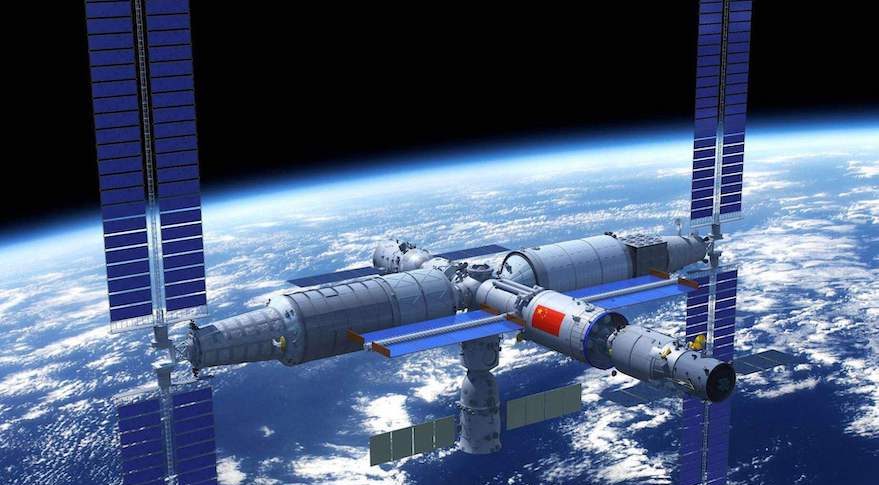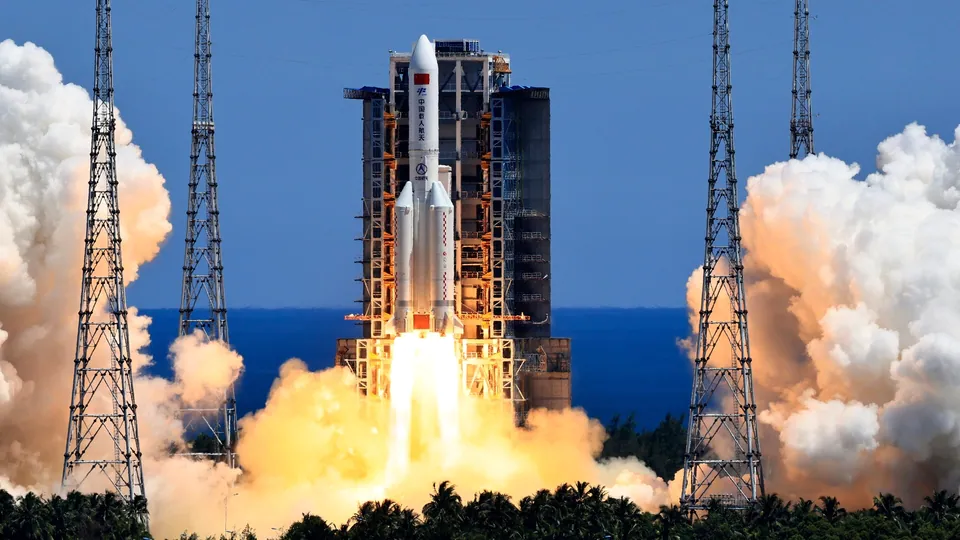China’s ambitions in space exploration have reached a significant milestone as the nation prepares to send its first civilian astronaut into space. As part of a crewed mission to the Tiangong space station, payload expert Gui Haichao, a professor at Beijing University of Aeronautics and Astronautics, will make history on Tuesday. This landmark event signifies China’s growing prowess in the field of space exploration and its determination to catch up with the United States and Russia.

A New Chapter in China’s Space Endeavors
China’s Manned Space Agency announced that Gui Haichao, a civilian payload expert, will join the crew for the mission to the Tiangong space station. Until now, all Chinese astronauts have come from the People’s Liberation Army, but this momentous occasion opens the door for civilians to contribute to China’s space program.
A Symbol of China’s “Space Dream”
Under President Xi Jinping’s leadership, China’s space ambitions have been given new impetus. The country’s substantial investment in its military-run space program is aimed at achieving long-term goals, including human missions to the Moon. By venturing beyond Earth’s atmosphere, China aims to establish itself as a key player in the global space race.
Catching Up with Global Space Giants
China’s space program has been steadily closing the gap with the United States and Russia, both of which have long-established space programs. The nation has diligently worked to match and surpass their milestones. With this historic launch of a civilian astronaut, China is poised to demonstrate its technological advancements and compete on the world stage.

Pioneering Lunar Exploration
Looking ahead, China has set its sights on the Moon. The country’s National Space Administration has plans to build a lunar base and intends to launch a crewed lunar mission by 2029. Gui Haichao’s role in the current mission, focused on space science experimental payloads, exemplifies China’s dedication to advancing knowledge and capabilities in lunar exploration.
Conclusion:
As China prepares to send its first civilian into space, the nation’s space program reaches a significant turning point. With this achievement, China marks a new era in its space exploration endeavors, showcasing its technological prowess, ambition, and commitment to pushing the boundaries of human knowledge. The success of this mission paves the way for further advancements and positions China as a formidable player in the global space community.
FAQ’s: China Set for First Civilian to Embark on Space Journey
Q: Who is the first civilian astronaut that China will send into space?
A: The first civilian astronaut is Gui Haichao, a payload expert and professor at Beijing University of Aeronautics and Astronautics.
Q: What is the significance of this mission?
A: This mission marks the first time China is sending a civilian into space, expanding the participation beyond the People’s Liberation Army astronauts.
Q: What are China’s long-term goals in space exploration?
A: China has invested billions of dollars in its space program, with hopes of eventually sending humans to the Moon. They also plan to build a lunar base and launch a crewed lunar mission by 2029.
Q: How does this mission reflect China’s ambitions in space?
A: Under President Xi Jinping, China has intensified its efforts to catch up with the United States and Russia in space exploration. This mission represents a significant milestone in China’s “space dream” and demonstrates its determination to become a leading player in space exploration.
Q: Who are the other crew members on this mission?
A: The mission commander is Jing Haipeng, and the third crew member is Zhu Yangzhu.
